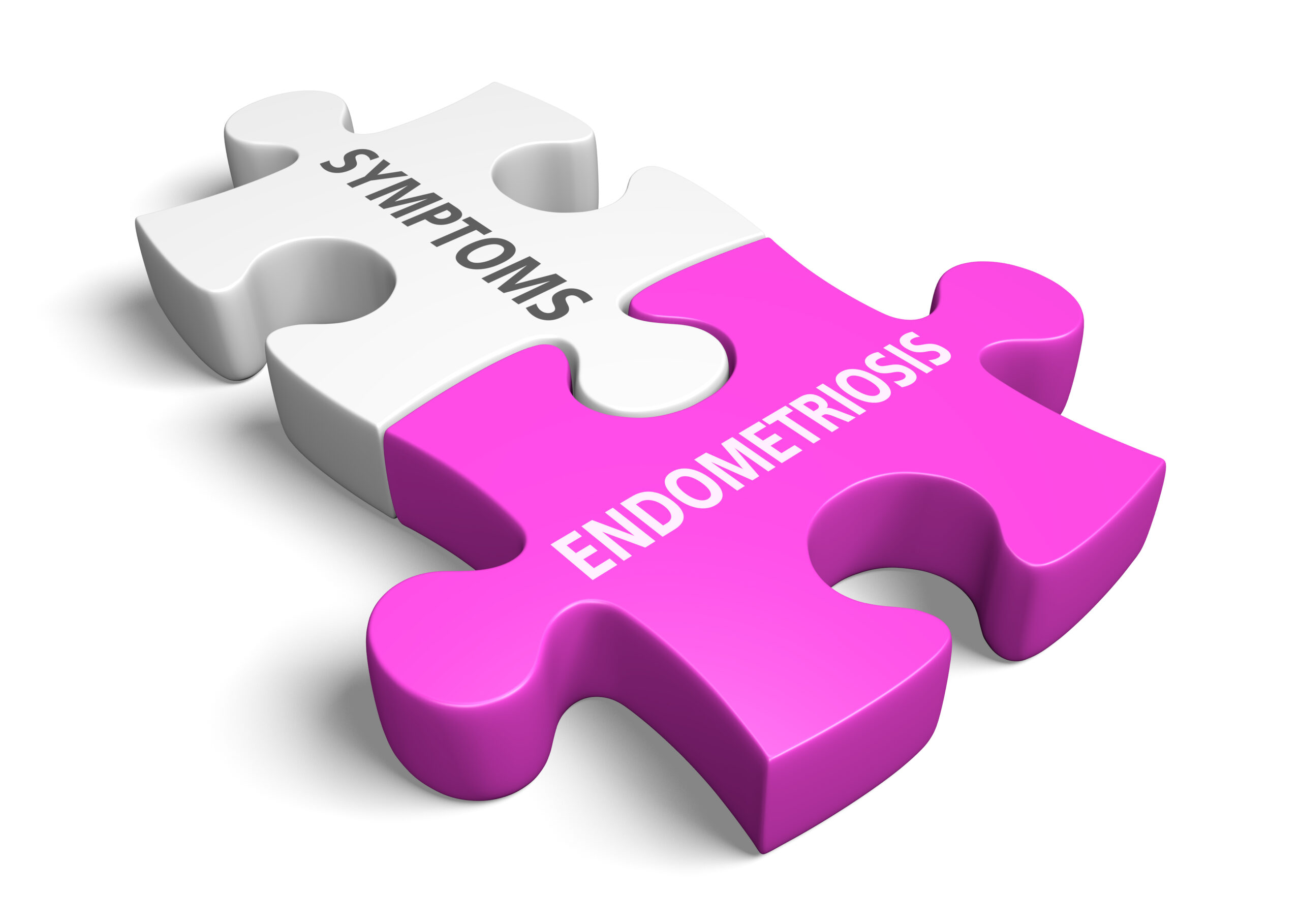National Endometriosis Awareness Month may have ended in March, but for those who suffer from consistent severe pelvic pain and or infertility, endometriosis is a continuous battle. According to the Endometriosis Foundation of America, Endometriosis affects an estimated 200 million women worldwide and approximately one in 10 women in the U.S. When it comes to women trying to get or stay pregnant, endometriosis could be a factor in 40% or more of cases.
Dr. Althea O’Shaughnessy MD, FACOG physician at Conceptions Reproductive Associates of Colorado here in Denver, discusses the relationship between infertility and endometriosis.
What percent of your patients present with endometriosis?
Dr. O’Shaughnessy: That’s a very difficult question. As an educated guess, I’d say more than 40% of patients have endometriosis. Most fertility centers like Conceptions here in Denver do a lot less surgery as a first-line diagnosis and treatment for endometriosis, because of the advancements and high success rates associated with IVF. There are probably a significant number of unexplained infertility patients that have endometriosis but go undiagnosed because we are utilizing IVF to achieve pregnancy.
For many patients trying to get pregnant, it can take up to six or seven years before ever getting diagnosed with endometriosis. Listen to your body and be your own best advocate. If you’ve Googled “endometriosis” more than a few times, talk to your OBGYN. If you’re trying to have a family now or in the next 12-24 months consult with a reproductive specialist to learn about your options, don’t wait.
What are the most common symptoms of endometriosis?
Dr. O’Shaughnessy: First and foremost, mild to severe menstrual cramps and/or pelvic pain. Other symptoms include difficulty moving your bowels, painful intercourse, and pretty much anything that involves the pelvic organs. Some women present with urinary symptoms because endometriosis can affect the bladder as well.
Let’s talk about the REI and OBGYN relationship. Can you elaborate on the diagnosis and treatment?
Dr. O’Shaughnessy: Unfortunately, a lot of young women are not diagnosed particularly during their teen years. Common symptoms associated with endometriosis are ignored in adolescence because many providers feel these are expected. If periods are excessively painful and significantly affect everyday life activities, I recommend a consultation with your doctor.
If you suspect endometriosis, you should start with your OBGYN. Adolescents should consult with their pediatrician. Surgery is the only way to definitely diagnose endometriosis.
If endometriosis is suspected, many physicians will use oral contraceptives to suppress the endometriosis, especially for young women having very painful periods who are not actively trying to conceive. Oftentimes, patients have surgery to diagnose and treat endometriosis. I always encourage women to consider continual hormonal suppression after surgery to prevent a recurrence.
If a patient is actively trying to conceive, contraceptive suppression is not going to be an option for symptom management. That’s where a consultation with an REI is helpful.
Do all reproductive endocrinologists handle endometriosis in a similar fashion?
Dr. O’Shaughnessy: For the most part, yes. When a patient presents with a history of endometriosis, we discuss more conservative infertility treatment options versus IVF. But if they’re symptomatic, and/or have a large ovarian cyst caused by endometriosis, surgery may be the first line treatment.
Patients with a large ovarian cyst caused by endometriosis who undergo an egg retrieval may be at higher risk for complications such as pelvic infection.
What are the biggest misconceptions about endometriosis?
Dr. O’Shaughnessy: Women have a higher pain tolerance and are used to getting periods and menstrual cramps every month. But when cramps are more severe and persistent, many of those women don’t get the attention they deserve. Patients must be their own best advocates and push their concerns to their providers.
How much credence do you put into lifestyle modification to reduce the effects of endometriosis?
Dr. O’Shaughnessy: I think exercise is very important, it helps with endorphins and thereby controlling pain. Even 20 minutes a day can help. Lifestyle changes will not improve or prevent the development of endometriosis, but I think may suppress the pain associated with endometriosis.
If a patient who’s trying to get pregnant walks into your office today, recently diagnosed how do you counsel them?
Dr. O’Shaughnessy: In my practice, I discuss IVF as a treatment option because of the high success rates and potential expedited time to pregnancy. Pregnancy and contraceptives have been shown to reduce the symptoms associated with endometriosis. If a patient wants to have a baby, they cannot be on contraceptives, so getting them pregnant as soon as possible is equally as important in symptom suppression and disease progression management. Alternatively, if they aren’t ready to get pregnant, we recommend freezing eggs or embryos and then resuming their hormone suppression until they are ready to conceive.
Now more than ever, surgery can be avoided. During the IVF consultation, we discuss IVF success rates and associated procedures such as frozen embryo transfers and single embryo transfers. Conception’s superior IVF lab and top-notch providers have led to IVF success rates that consistently exceed the national average.
About Conceptions Reproductive Associates of Colorado
For over 20 years, Conceptions Reproductive Associates of Colorado has been a pillar of success and hope for patients across Colorado and around the world with clinical outcomes that meet or exceed US benchmarks. Whether you live in Cherry Creek, Lone Tree, and Littleton, or you’re visiting us from Colorado Springs, Los Angeles, or Chicago, our team of experts has deep roots in the Colorado community and is dedicated to a safe and successful experience. Visit Conceptions today to learn more.


